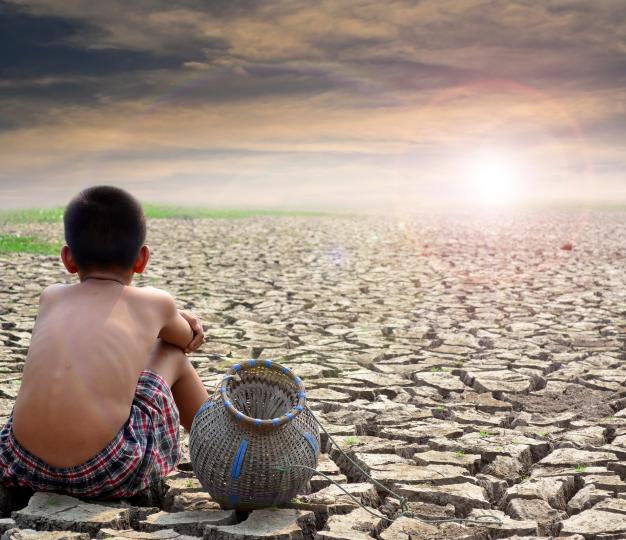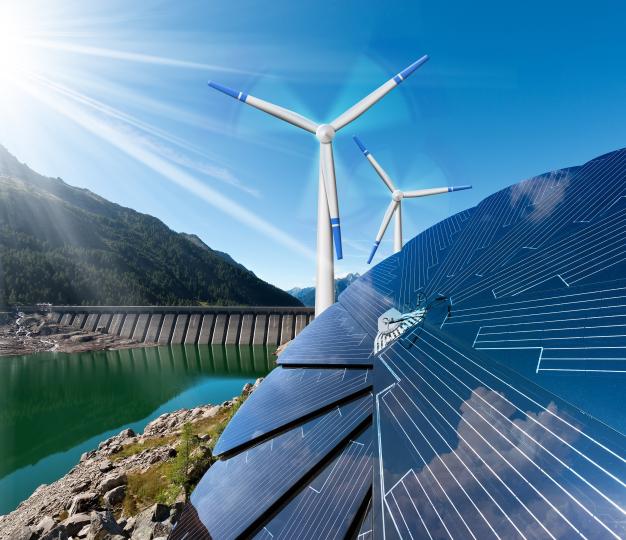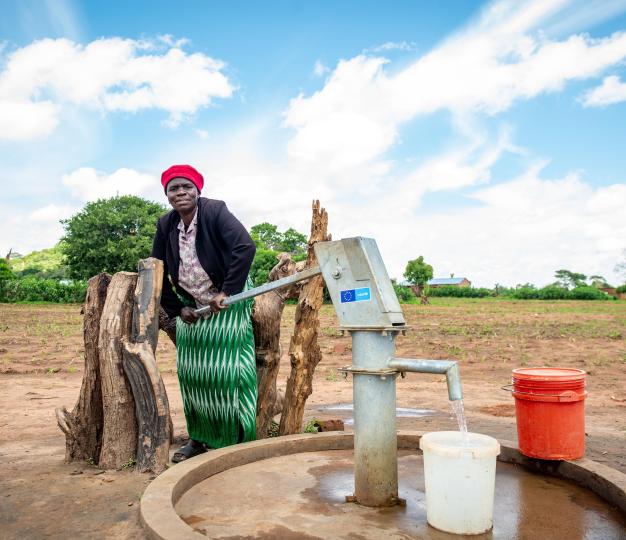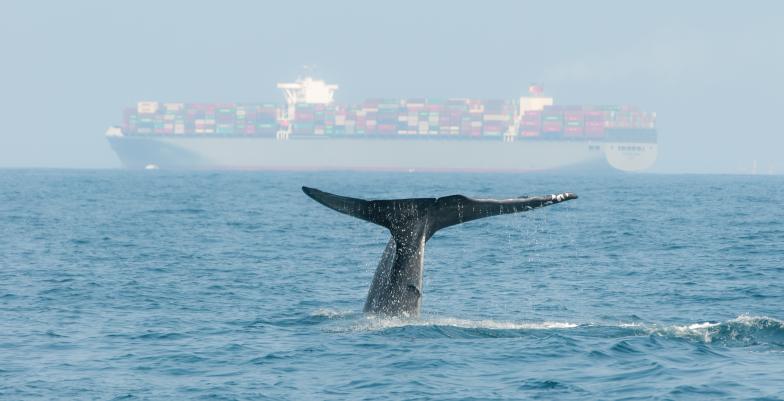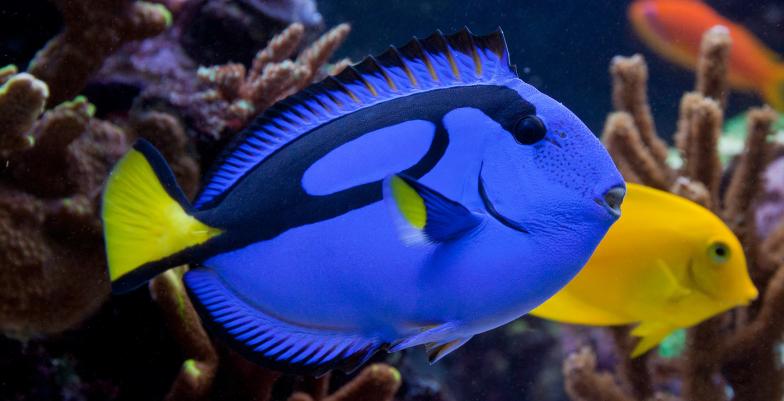Green Transition - EU Green Diplomacy
In Focus
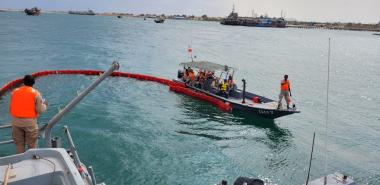
Enhancing climate security and defence

#ForOurPlanet
How we work
The EEAS implements Green Diplomacy across the world through different events and activities. These include:
- Discussions with EU Member States and adoption of conclusions through the Foreign Affairs Council.
- EU Green Diplomacy Weeks: these are part of a world-wide annual campaign during which events are hosted by EU Delegations and embassies of EU Member States and partner countries, to demonstrate real action on the ground. Read about EU green Diplomacy Week 2024 in Papua New Guinea.
- Outreach and engagement with EU partner countries via the EU Delegations, known as Green Démarches, to foster dialogue and inspire action.
- Cooperation and joint diplomatic action with Climate Envoys from EU Member States.
Climate
Climate change impacts affect security, development and peace-building. The frequency of extreme weather events linked to climate change like hurricanes, floods, fires, tropical storms, drought, desertification, is increasing. Climate change impacts are already affecting the security of vulnerable communities, especially in fragile contexts where governance is already stretched.
The EU plays a crucial role in global efforts to combat climate change through international cooperation, actively participating in the work of the United Nations Framework Convention on Climate Change (UNFCCC).
The EEAS through EU Green Diplomacy strengthens the efforts to achieve ambitious global emission reduction targets and to limit global warming to 1.5°C.
The EEAS promotes the implementation of global climate change commitments in partner countries including the outcome of the first Global Stocktake under the Paris Agreement agreed in Dubai at the 28th UN Climate Conference of the Parties.
The EEAS promotes global action to tackle and adapt to climate change and pursues this goal with partner countries to:
- develop ambitious Nationally Determined Contributions (NDCs).
- advance the development and implementation of carbon markets to incentivize emissions reductions.
- strengthen climate resilience and loss and damage efforts.
- enhance collaboration to increase funding and capacity-building for global climate action.
Energy
The EU external energy engagement strategy presented in May 2022 as part of the REPowerEU Plan guides the EEAS energy engagement with global partners.
The EEAS EU aims advance sustainable, secure and affordable energy systems in Europe and around the world, in line with the Paris Agreement, and the implementation of subsequent climate commitments such as those agreed in the first Global Stocktake at COP28.
The EEAS systematically promotes and calls for a global move towards energy systems free of unabated fossil fuels well ahead of 2050 and an end to environmentally harmful fossil fuel subsidies.
Recognising the transitional role of natural gas, the EEAS supports urgent efforts in light of Russia’s weaponisation of energy supplies to reinforce and safeguard the EU’s energy security while avoiding new dependencies. This is necessary to preserve the competitiveness of the EU and ensure affordable energy to citizens.
Through the EU Energy Diplomacy the EEAS supports efforts that:
- promote a global energy transition to ensure sustainable, secure and affordable energy for all.
- strengthen energy security and ending Europe’s dependency on Russian energy imports.
- support Ukraine’s energy system recovery and assisting partners affected by Russia’s war of aggression against Ukraine boosting their energy transition and ensuring security of supply.
- accelerate a just and socially inclusive energy transition away from fossil fuels as agreed in the first Global Stocktake.
Read more about the EU's work on energy.
Environment
Environmental degradation is a growing global concern, with around 1 million species at risk of extinction, over 8 million tons of plastic entering the oceans each year, and air pollution causing around 7 million premature deaths annually.
The EEAS is committed to strengthening global action on international environmental issues through leadership at multilateral fora and working collaboratively with international partners.
The EU sets an example through its environmental legislation, strategies, and action plans, emphasizing the importance of sustainable environmental practices worldwide.
The EU uses its foreign policy instruments to strive for its objectives:
- Stimulating global action to combat plastics pollution by supporting the development of a global, legally binding instrument on plastic pollution through the United Nations Environment Programme (UNEP) Intergovernmental Negotiating Committee on Plastic Pollution.
- Strengthening global efforts to address biodiversity loss and promote conservation, advocating for ambitious global biodiversity targets and the implementation of strict environmental policy standards through the Convention on Biological Diversity Conference of the Parties (COPs), and the implementation of the Kunming-Montreal Global Biodiversity Framework.
- Promoting circular economy solutions to reduce waste and encourage sustainable resource use.
- Tackling desertification and land degradation to preserve ecosystems and agricultural productivity.
- Addressing air pollution, which is a leading cause of global health issues and premature deaths.
- Advancing water conservation and sustainable management to address global water scarcity.
- Supporting the transition to a bio-economy that promotes sustainable use of biological resources.
Find out more about the EU's work on the environment.
Water
Water scarcity is one of the world’s most pressing challenges, with around 2 billion people lacking access to safe water and sanitation, while floods and droughts are becoming more frequent due to climate change. Water is also increasingly driving geopolitical tensions, as competition for this vital resource intensifies.
Addressing these challenges is crucial for ensuring human health, supporting ecosystems, and stabilizing economies, especially in regions vulnerable to water stress. The EU does so through the following priorities:
- advancing the EU’s upcoming Water Resilience Strategy to enhance global water security and resilience.
- mainstreaming water-related issues in all relevant multilateral processes, ensuring water is a central focus of international discussions.
- accelerating progress on SDG 6 (clean water and sanitation) by delivering on the commitments of the Water Action Agenda, with the EU pledging 33 commitments to improve water access and sanitation.
- advocating for global access to clean water and supporting sustainable water management practices worldwide.
- promoting integrated water resource management to improve water governance and infrastructure, especially in vulnerable regions.
- preventing water pollution through capacity-building and strengthening governance.
Find out more about the EU's work protecting the EU’s water resources and ecosystems.
Oceans
The world’s oceans are vital to global biodiversity and climate regulation, covering 71% of the Earth’s surface, yet they face significant threats from overfishing, pollution, and climate change. Over 8 million tons of plastic enter the oceans each year, while illegal and unreported fishing continues to undermine marine ecosystems and economies.
The EU plays a leading role by advocating for stronger international ocean governance and supporting global efforts to protect marine resources, focusing on:
- strengthening the EU’s leadership in global ocean governance through initiatives like the European Ocean Pact, promoting sustainable practices and international cooperation.
- protecting oceans and marine biodiversity by raising awareness and encouraging signatories to ratify the High Seas Treaty (BBNJ Agreement) ahead of the UN Ocean Conference in June 2025.
- enhancing international marine governance to safeguard marine habitats and ecosystems.
- promoting sustainable fishing practices and combating illegal, unreported, and unregulated (IUU) fishing.
- continuing the EU’s Sustainable Fisheries Partnership Agreements (SFPAs) with third countries to promote responsible fishing practices.
- supporting innovation in sustainable fisheries and aquaculture to ensure long-term marine resource sustainability.
- supporting the development of sustainable blue economies that balance marine resource use with environmental protection.
- reducing marine pollution, particularly plastic waste, and enhancing international collaboration to address oceanic pollution.
Find out more about the EU's work on oceans.
Climate and security
Climate change and environmental degradation are existential threats to Europe and the world. Cascading climate risks can lead to system-wide challenges affecting whole societies, with vulnerable social groups particularly affected. The EU invests in tackling the effects of climate change and environmental degradation that accentuate threats to peace, stability and security and risk undermining European defence.
The EU approach to climate and security focuses on:
- Developing enhanced evidence-based analysis and foresight, which allows the EU to deliver, among other things, more effective early warning systems as well as a great understanding of the indirect effects of climate change and environmental degradation.
- Analysing the impact of a changing climate on EU external action policies and activities, member States will be better able to adapt to existing and potential threats including greater displacement, migratory movements, pandemics, social unrest, instability and even conflicts.
- Adapting Member States’ civilian and military capabilities and infrastructure for increasingly challenging climate conditions, thus improving the sustainability and efficiency of operations.


